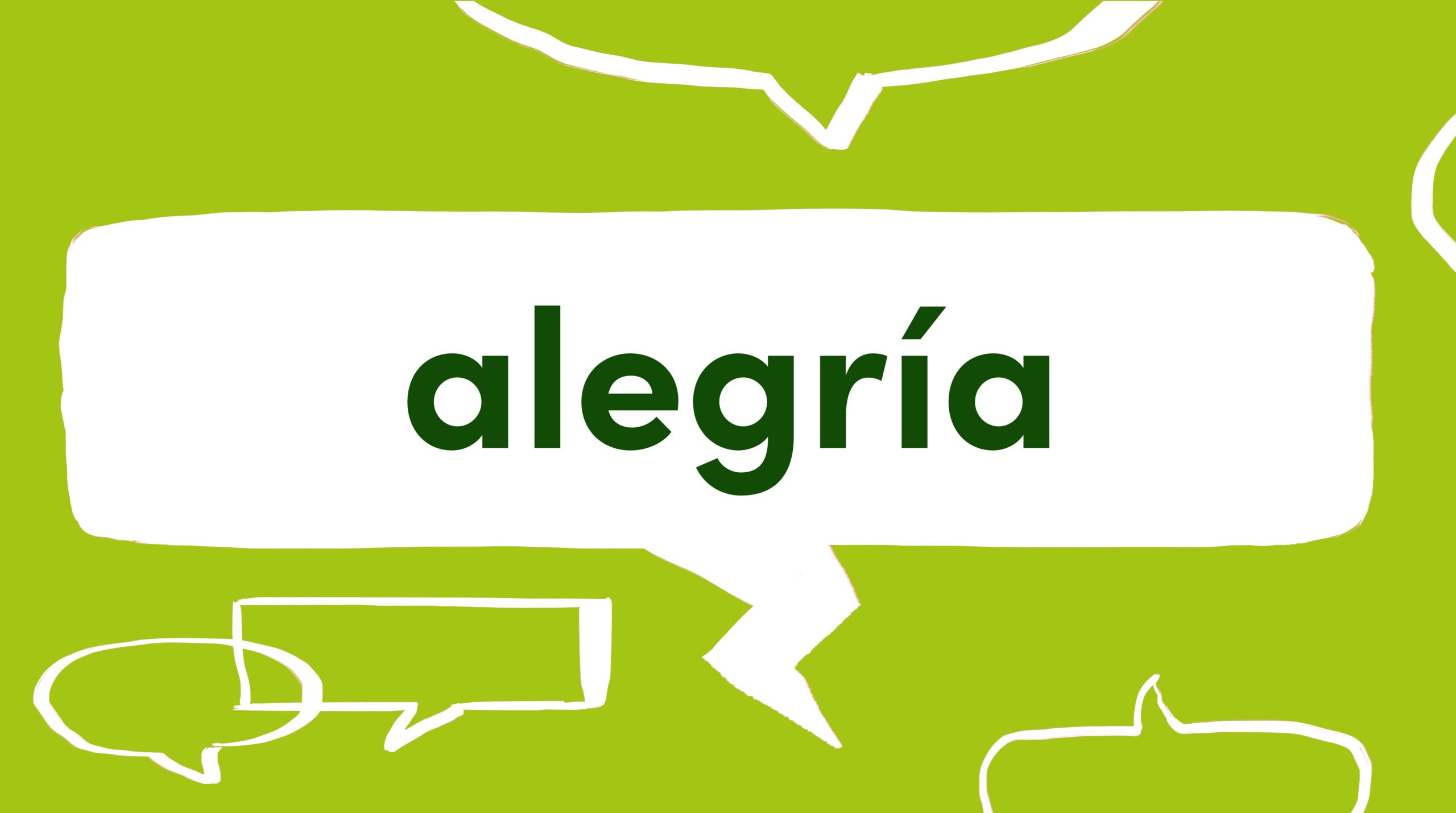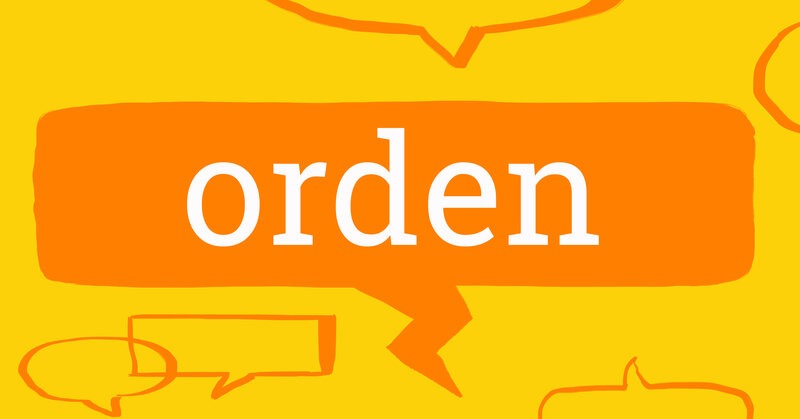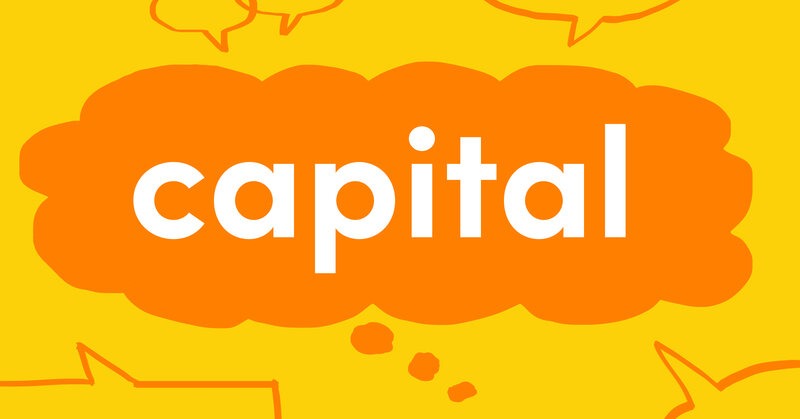This week’s Spanish word of the week is alegría.
Alegría is a noun that means ‘happiness, joy‘ and you can find out how to pronounce it here:
Alegría is a great quality to have, and it comes from the adjective alegre – happy – which you probably already know.
Es un gran motivo de alegría. It’s a great cause for happiness.
Le brillaban los ojos de alegría. His eyes sparkled with happiness.
Alegría is sometimes translated as joy, as in Beethoven’s famous ‘Ode to Joy’, that in Spanish is el Himno a la Alegría.
Estaba rebosante de alegría. He was ovewflowing with joy.
It’s worth bearing in mind that you often can’t translate alegría literally as happiness:
Me llevé una alegría muy grande. I felt very happy.
For instance, in the common phrase ¡Qué alegría + infinitive:
¡Qué alegría verte por aquí! How wonderful to see you here!
And the phrase con alegría is translated in various ways – often not with a noun at all!
Comprobó con alegría que no le habían visto. He was pleased to discover that he hadn’t been seen.
Festejan hoy con alegría la boda de la princesa. Today they are happily celebrating the princess’s wedding.
Come back next week for another insight into Spanish vocabulary!




collins_dictionary_official
The home of living language. #wotd #wordlovers #collinsdictionary
Read our word of the week definitions and blog posts: